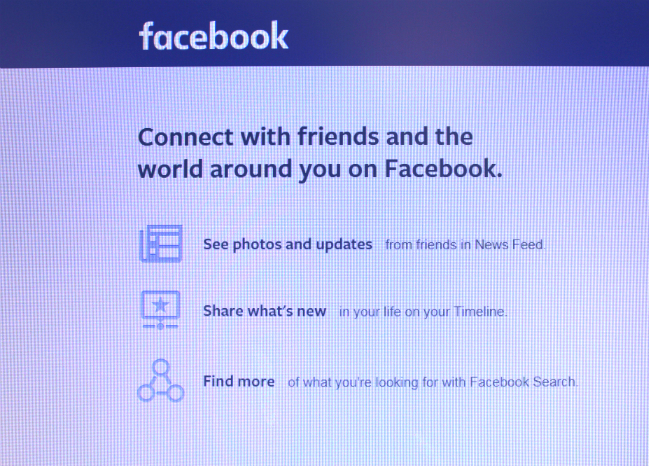After a third party political consulting firm accessed the data of nearly 50 million Facebook users with the social media giant's help, a lot of people are asking how they can keep their information and profiles safe.
The Vice President of Sales for Shield Networks and Internet Guardian in Winnipeg says the only way to do that is to shut down your account.
"When you sign up for these so-called free services like Facebook, Instagram, and Gmail, it's not free," Tim Jordan says. "The currency you're paying is your information."
Jordan says most people don't understand the scope of what they're giving away when they sign up for something online. He says while it may be a minor inconvenience for some people, reading through agreements and paying attention to the fine print can go a long way in dissuading people from giving away their information.
"People just select 'I agree' and no one really ever reads what they're agreeing to," Jordan says. "The funny thing about this is people are shocked, but then they realize they gave consent."
"The only thing you can do to protect yourself is pay closer attention to what you're giving away when you agree to these things," he continued. "And if you don't agree, don't use it."
Facebook exposed the data of users to a researcher with Cambridge Analytica (CA), a political consulting company that worked on behalf of the Trump campaign in the 2016 U.S. election. The company then developed a quiz app people had to sign up for in order to use. For the around 270,000 people who took the quiz, they unwittingly consented to giving away the raw data from their profiles and the profiles of their friends.
Facebook allows researchers to access this data but prohibits the selling of it. But CA broke that rule and sold it anyway.
Jordan says this access to people's online information is going to continue because companies like Facebook and Google make money by giving researchers access to data.
He says data collection methods similar to this one that affected so many users don't begin and end at Facebook.
"Think about how much you give away to Google just through your Gmail and Google searches," Jordan said. "Google searches aren't free. They're gaining information about you based on what your searching for."
"For example, they can tell where disease outbreaks are happening based on where people are Googling symptoms for certain types of diseases."
Facebook says it is taking steps to better protect the data of its users to make sure this doesn't happen again.







